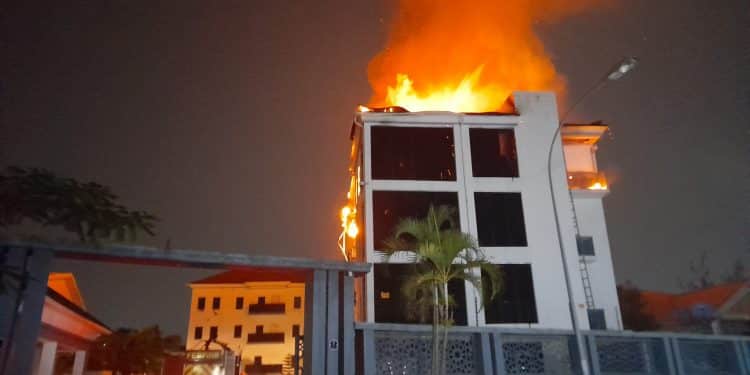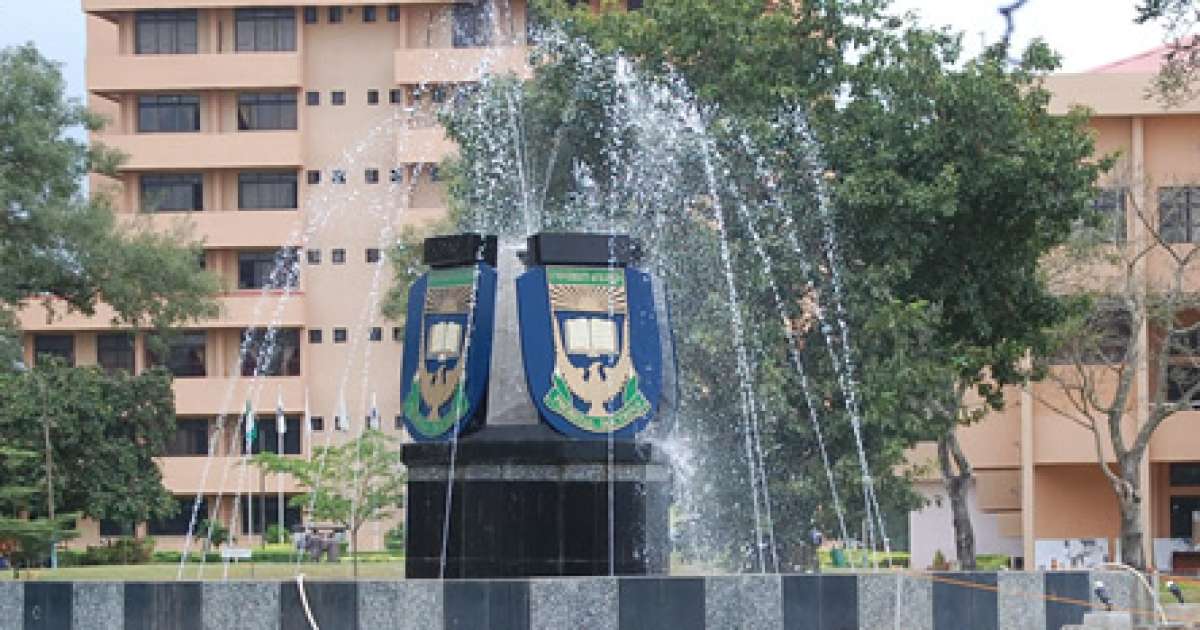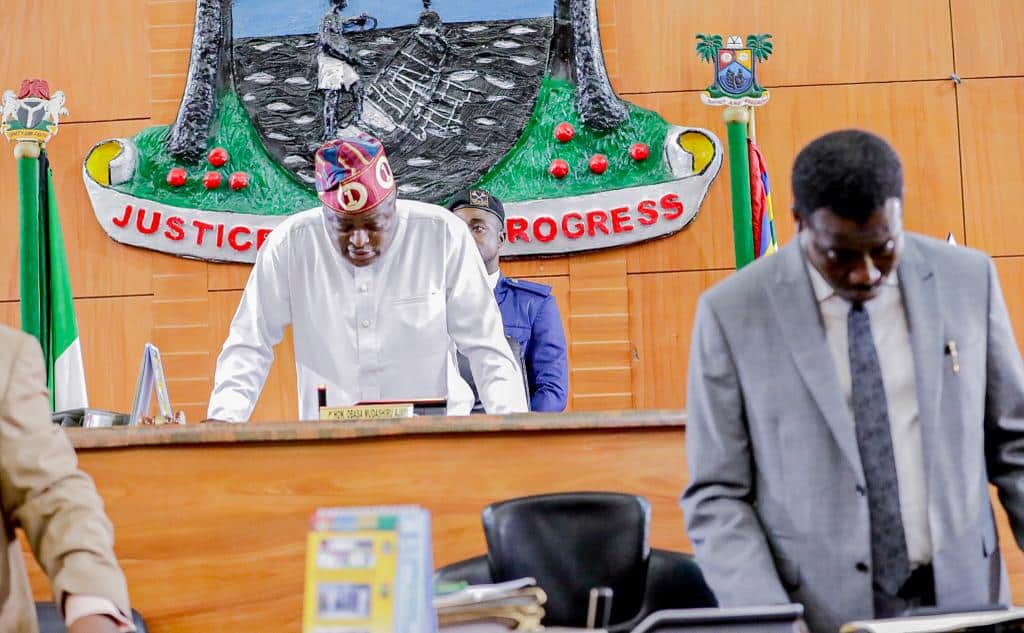The Anambra State High Court sitting in Awka, the state capital, has dismissed the case filed by the All Progressives Congress and Labour Party, challenging the Local Government Autonomy bill passed into law by the State House of Assembly.
The judgment was delivered by Justice Jude Okafor at about 8 pm on Tuesday.
Speaking to journalists in reaction to the judgement at the court premises, the counsel to APC, Chukwunoso Chuwuba, who expressed dissatisfaction over the judgment, said the party would challenge the ruling at the Appeal Court “because the ruling was not in tandem with the Supreme Court decision”.
Recalled that the Anambra State House of Assembly had enacted the Anambra State Local Government Administration Bill 2024, despite stiff resistance from the APC and Labour Party lawmakers representing the state Assembly.
The bill was passed during a plenary session at the state assembly in Awka, the state capital immediately after the September 27, 2024 local government election.
The law passed in September 2024, had also drawn sharp criticisms from the opposition and civil society groups, who described it as an intent by the state government to circumvent the Supreme Court’s decision issued on July 11, 2024, which mandated that funds allocated to Nigeria’s 774 local government areas be deposited directly into the LG accounts rather than through state-controlled joint accounts.
But shortly after the bill was passed, the opposition parties in the state, including the APC and LP vehemently opposed the legislation, saying it undermines the Supreme Court rulings on local government financial autonomy, and therefore challenged the process at the court.
Members of the opposition parties, including serving lawmakers like Senator Tony Nwoye and House of Representatives members, George Ozodinobi, Afam Ogene, Idu Emeka, and Anekwe Peter, accused the state governor, Prof. Chukwuma Soludo of orchestrating a systematic effort to financially weaken the 21 local government areas in Anambra State.
They expressed grave concerns that the state government is attempting to revert to an era characterised by fiscal irresponsibility and disregard for local governance autonomy and therefore challenged the process at the High Court.
Reacting to the high court ruling dismissing their case, the counsel to the APC, Chukwunoso Chuwuba,
expressed dissatisfaction over the ruling, insisting that APC would challenge the judgment at the Appeal Court.
Chuwuba said, “As I speak to you now, I have already prepared my document to challenge the outcome because we are not satisfied with the ruling as it is not in tandem with the Supreme Court ruling on local government financial autonomy, and we are therefore challenging the process at the appeal court.”
Also speaking to journalists on the premises of the court, the lead counsel for the Labour Party, Chijioke Akirika, said, “What happened is that some time ago, the Anambra State House of Assembly enacted a law purporting to have provisions in the said law that contradicted the 1999 Constitution and the Electoral Act.
“And the Labour Party opted to go to court to challenge the law, and today the court ruled, quite surprisingly, that Section 28 of the electoral Act, which prescribes the length of notice to be given before the conduct of elections, only applies to INEC elections when Section 150 also stated that these laws shall also apply to elections conducted by state independent electoral commissions.
“So, one expected that in tandem with the Supreme Court, the court would have held that the conduct of the election is determined in accordance with the federal laws, which in this case is the electoral act. But quite surprisingly, the court held that it is a state legislation, and what played out today in court is an unwarranted diversion of the settled case of precedence. What the court ought to do is declare that legislation null and void because of its inconsistencies with federal laws.
“What we shall do is to obtain instruction from the Labour Party and test this matter on appeal, because certainly the contest of our jurisprudence must be expanded and we will be challenging the matter at the Appeal Court.”

 3 hours ago
1
3 hours ago
1















 English (US) ·
English (US) ·